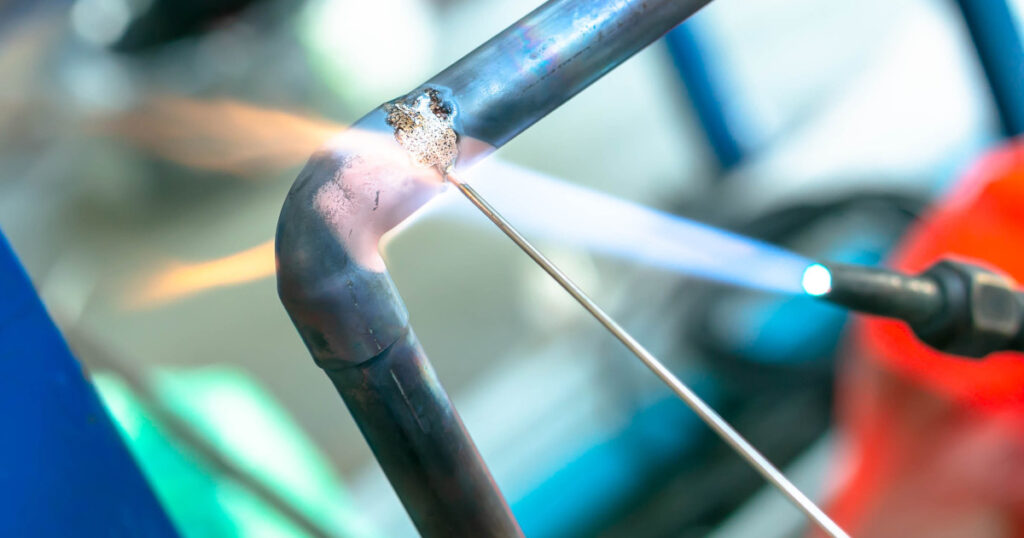Featured Article

Note: This is a summary of an actual case of public record that I handled. I will use generic names instead of actual identities. Unless the case was tried to verdict, any settlement or resolution was with the defendant party not admitting any fault or liability.
This is a story of why I do what I do.
Background
A local food manufacturing plant was purchased by a major food producer. As part of an overall change of the foods to be produced, a decision was made to produce Kosher retail food products. In order to be able to claim them as ‘Kosher,’ the local plant – now close to 100 years old – would have to undergo a Kosherization process. The purpose of the process is to ensure that when sold as a Kosher product, the consumer could count on the product having received the certification from the rabbinic agency verifying that all ingredients, derivatives, tools and machinery have no trace of non-Kosher substances, thus adhering to all Kosher Law requirements. When piping in the facility that is used to transfer product is 100 years old, that would not be a simple process.
The Victim
Joe had worked for the local purchased company for over twenty years. One of Joe’s skills was as a licensed welder with experience using an acetylene torch. The plant had large pipes running high against the ceiling, transferring food ingredients from one part of the plant to another. Critical to completing the Kosherization process was the removal of two-way valves, and replacing them with one-way. Many of the joints were rusted and needed an acetylene torch to cut through the iron. That would be Joe’s job, and he would die doing it.
Joe’s widow had come to the office to inquire about probating Joe’s will, and had not given any thought about bringing suit since she understood it to be the result of an unpreventable accident. I asked her to let me look into it, and if I thought there may be a case, to bring a lawsuit on behalf of the children. She agreed, and when I was denied records by his employer, I filed suit.
The Incident
The investigation showed that Joe was given the orders by his supervisor to cut into a pipe that ran product to a container of hydrogenated peanut oil. However, unknown to Joe was that his supervisor had failed to ensure a lockout-tagout was instituted. A lockout-tagout is a simple procedure whereby the person in charge of working downstream from a source of danger goes upstream and locks out the source with a key or some secure system, leaving information – the tagout – advising others that he has the key or the only way of unlocking it, so that no one can send the danger downstream to the worker. It is very common when working with electricity, but must be used in every situation where someone could be injured or killed due to a lack of knowledge of what is happening elsewhere. It is as basic a safety procedure as there is.
At some point, a worker upstream on the pipe started a procedure whereby air was blown through the pipe under high pressure. As a result, the air mixed with the hydrogenated peanut oil, creating a combustible combination. When the flame from Joe’s torch broke through the pipe, a fireball engulfed Joe as he stood on his ladder. The employee working with Joe was able to provide the details of what it was like to see Joe run from the building with 98% burns over his body. Joe would not survive the day.
My Role
I retained whom I considered the nation’s top fire/explosion expert out of Chicago, who under court order toured the plant with me, and then in his lab recreated the explosion, proving our theory of how it happened. Of course, it would not have happened had the companies used a basic lockout-tagout procedure, preventing the other employee from flushing out the pipe while Joe was working.
The employer had provided worker’s compensation, so it could only be liable for punitive damages and would require that I prove gross negligence, much more than simple negligence. However, we were also able to sue the parent company for both negligence and gross negligence, as they were not the employer, but were in charge of the Kosherization process and the safety of the same. We sued them all and the case was resolved prior to trial.
At The Law Office of David M. Kennedy, we are committed to standing up for the rights of those who have suffered a workplace injury. David represents victims and their families, ensuring that justice is served and that those responsible are held accountable. If you suspect that someone you love has suffered unjustly, don’t hesitate to seek help. Contact Us today for your free consultation. Together, we can make a difference in the fight against the gross negligence that leads to workplace injuries.





Very interesting story!!!